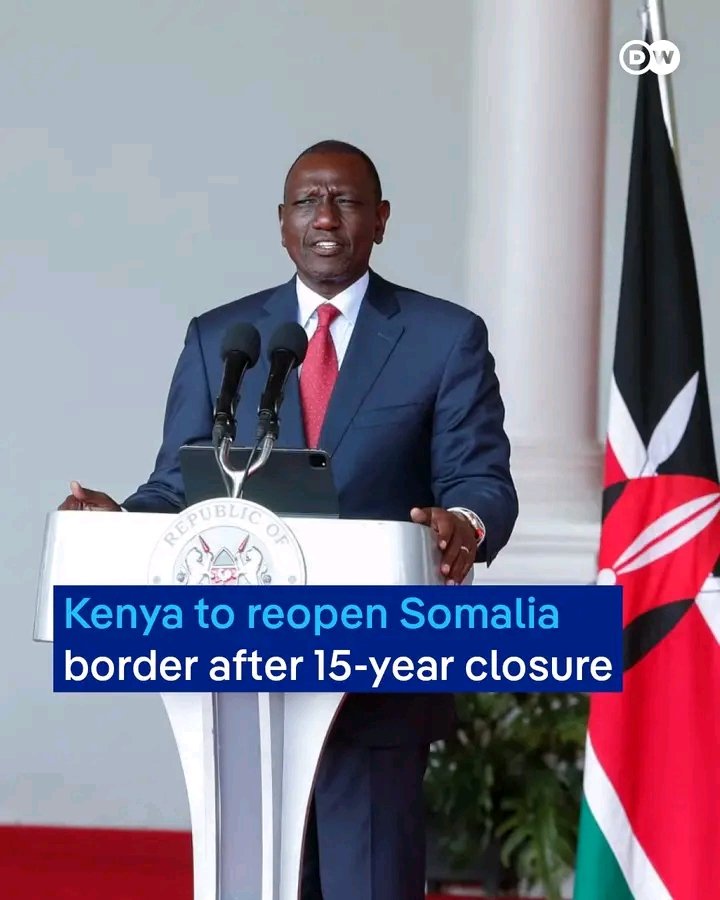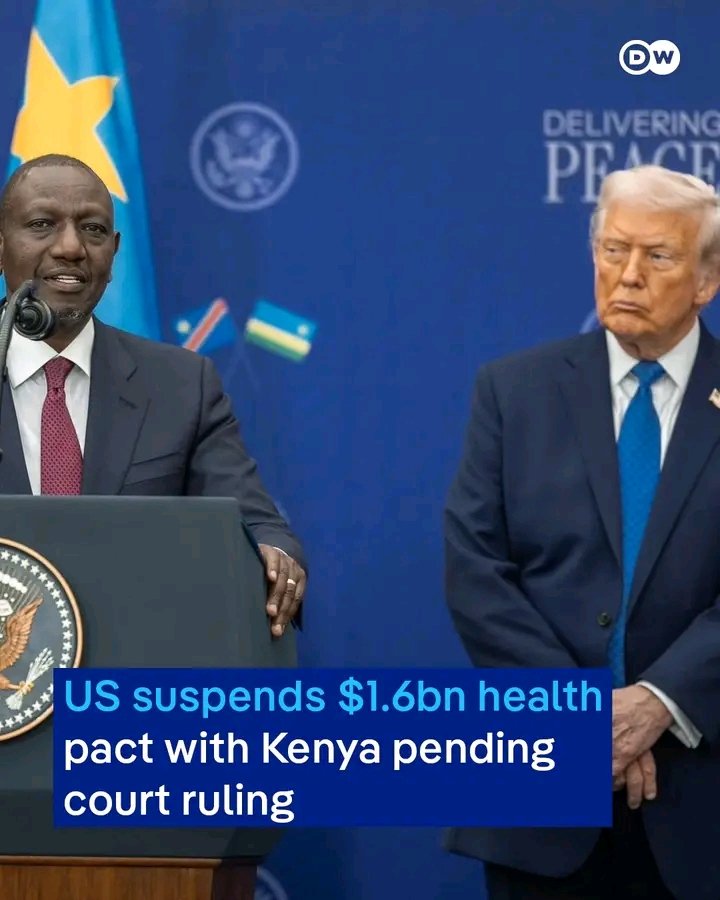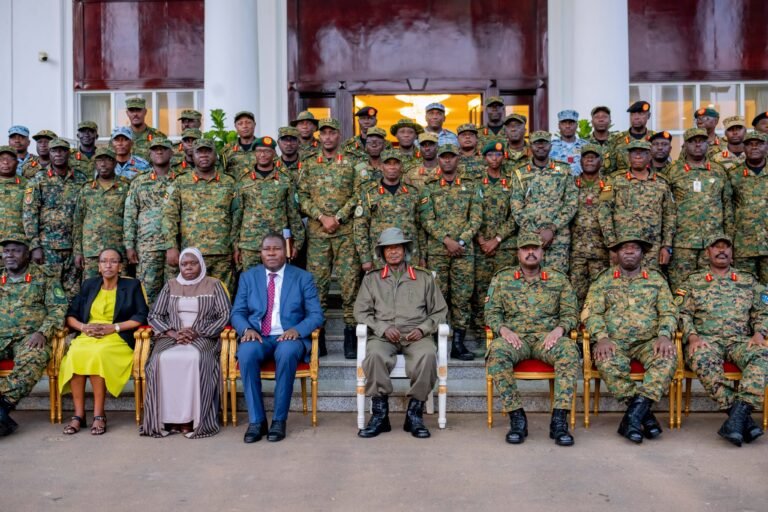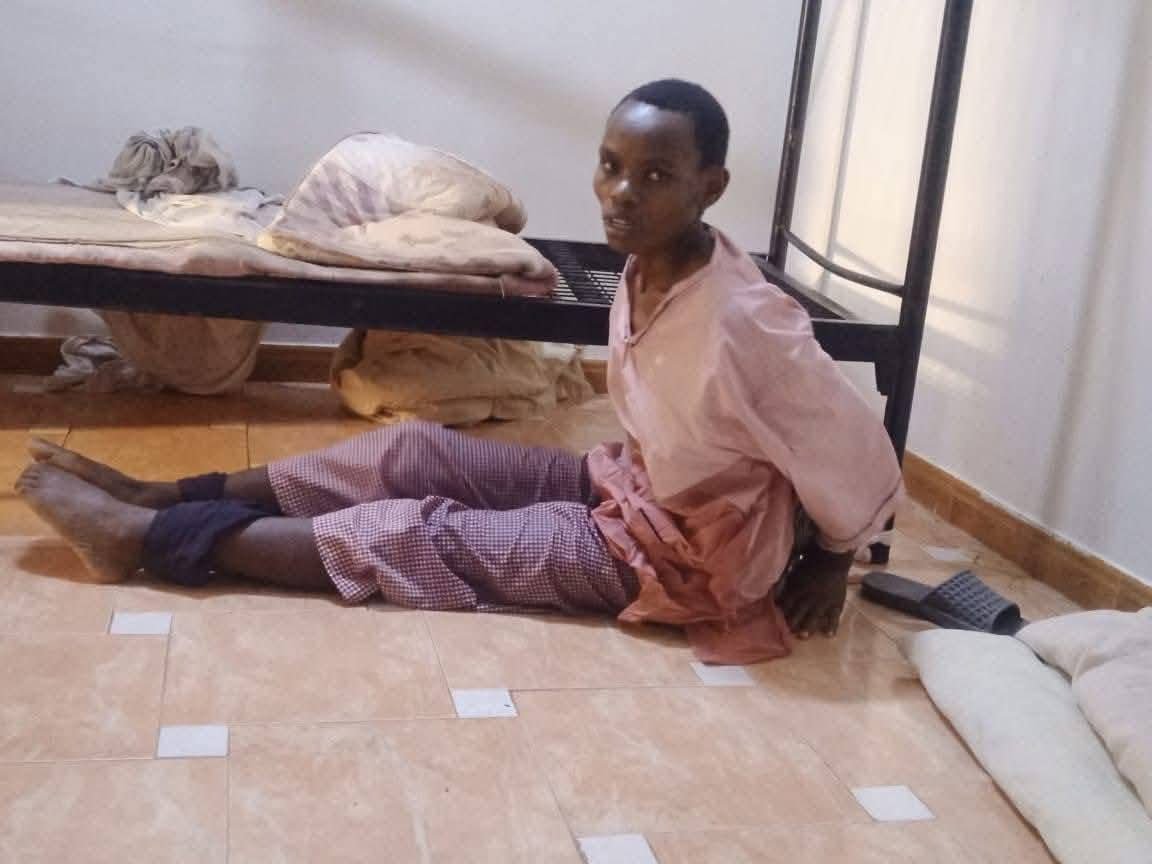
NAIROBI, Kenya – A distress call is circulating on social media over the plight of Frenda Jelangat, a Kenyan woman from Cheptiret in Uasin Gishu County, who reports being exploited, unpaid, and trapped in Saudi Arabia just one month after arriving through a government employment program.
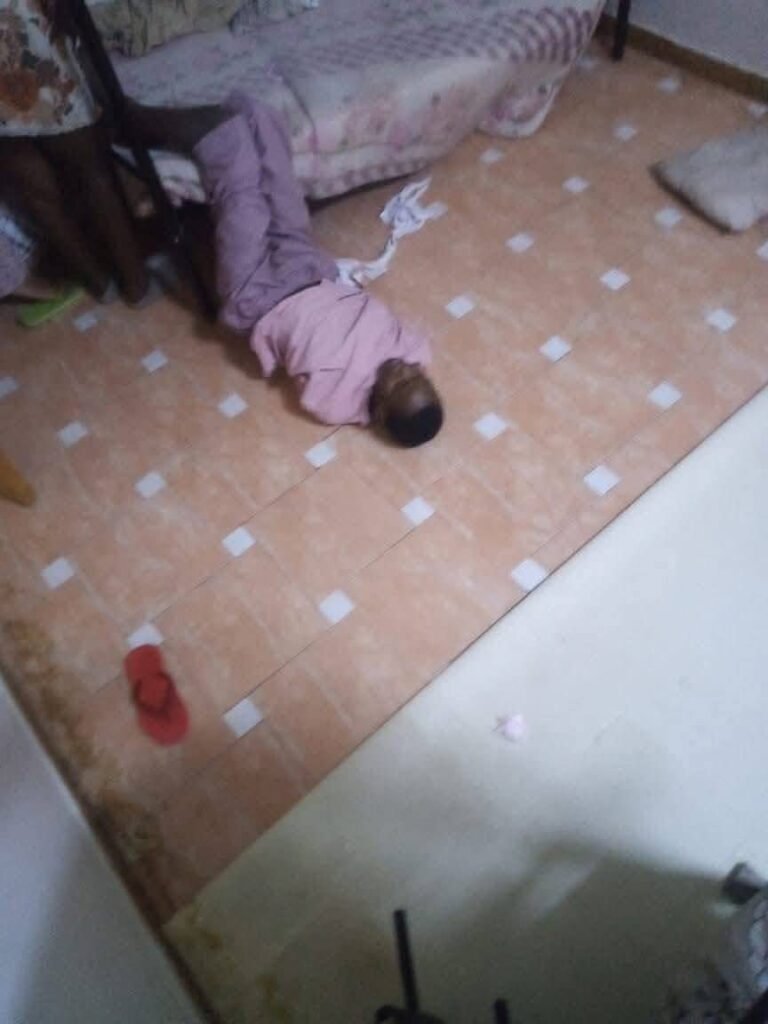
The case, which has drawn widespread attention online, highlights the ongoing risks faced by Kenyan migrant workers in the Gulf region.
According to posts on X (formerly Twitter) by user George T. Diano and others, Jelangat traveled to Saudi Arabia seeking better opportunities to support her family and children. However, her hopes were quickly dashed when her employer allegedly denied her salary after her first month of work.
The situation has reportedly taken a severe toll on her mental health, pushing her into depression. The calls for help have been amplified by disturbing reports and images circulating online that appear to show Jelangat tied to a bed, indicating a serious deterioration in her wellbeing.
Social media users are now urgently tagging Kenyan authorities, demanding immediate intervention. They are calling upon the Ministry of Foreign and Diaspora Affairs, under Principal Secretary Dr. Korir Sing’oei, and the Ministry of Labour and Social Protection, under Cabinet Secretary Hon. Kate K Kirui, to facilitate Jelangat’s safe return to Kenya.
“No Kenyan should endure such suffering abroad. Bring Frenda Jelangat home,” one post stated.
The incident has sparked broader criticism of the government’s labour export programs, with critics labeling them as “hogwash” and accusing the state of failing to protect its citizens. One user decried the practice as “modern day slavery,” questioning why the government exports manpower instead of creating sufficient domestic employment.
The hashtags #BringFrendaHome and #ProtectOurWorkersAbroad are being used to rally support and keep pressure on the authorities.
Jelangat’s situation echoes the findings of a May 2025 Amnesty International report, which detailed severe exploitation and a lack of protections for migrant workers under Saudi Arabia’s kafala (sponsorship) system.
As of now, there has been no official public statement from the Kenyan government regarding Frenda Jelangat’s specific case.


